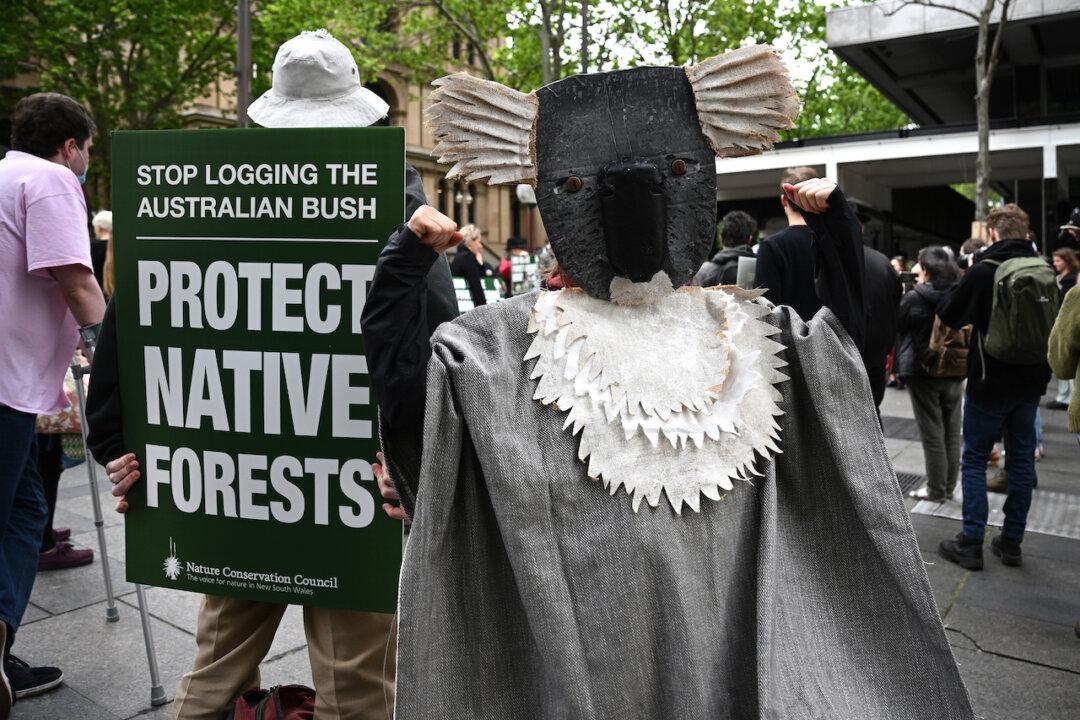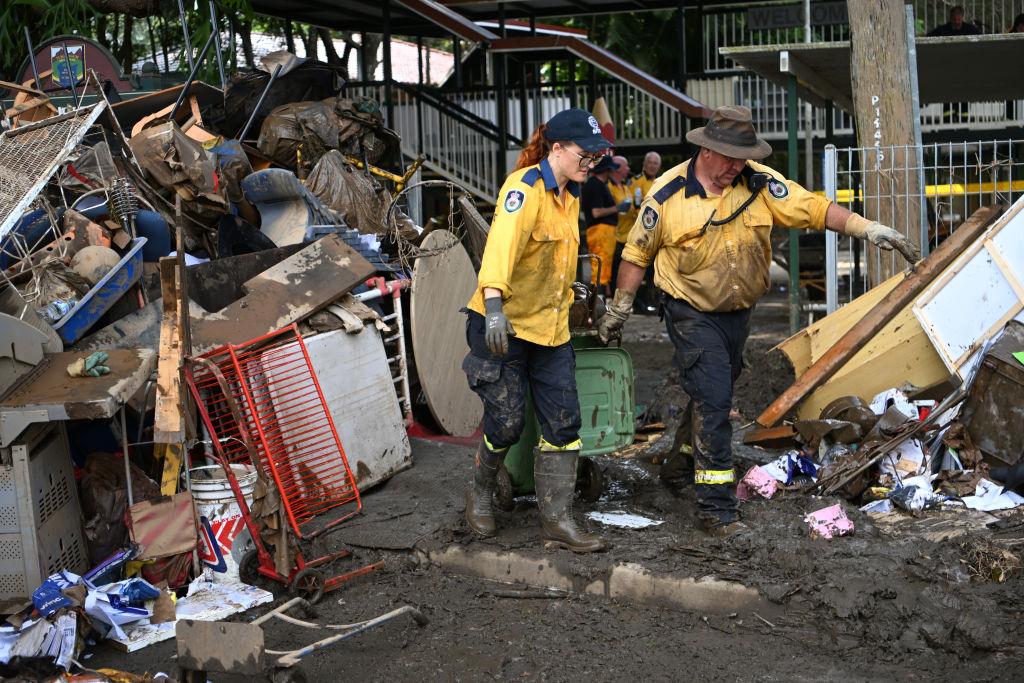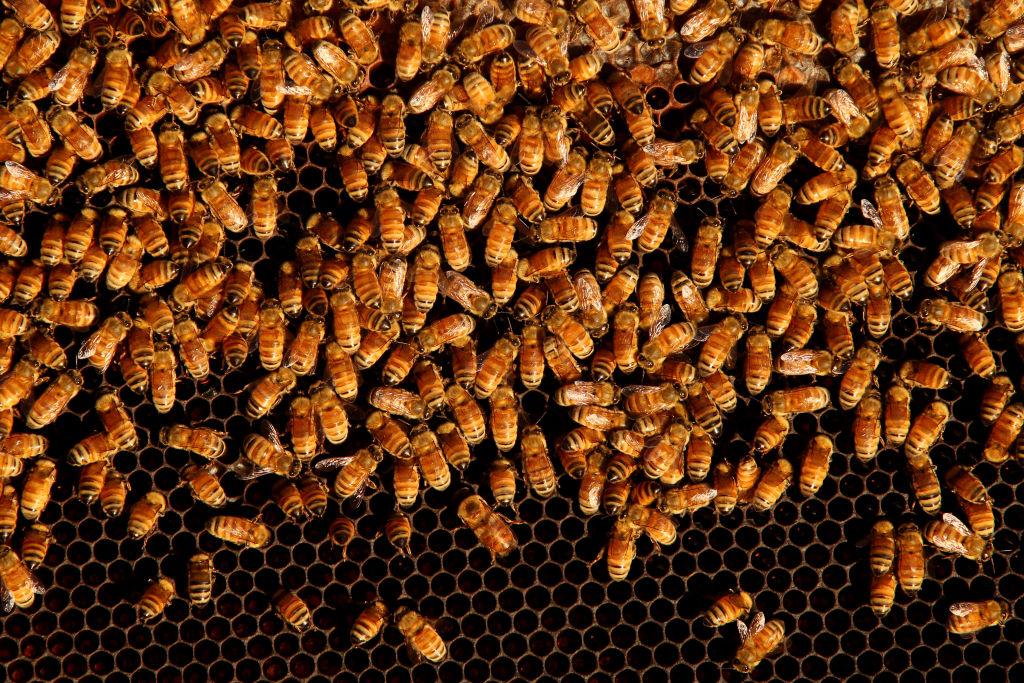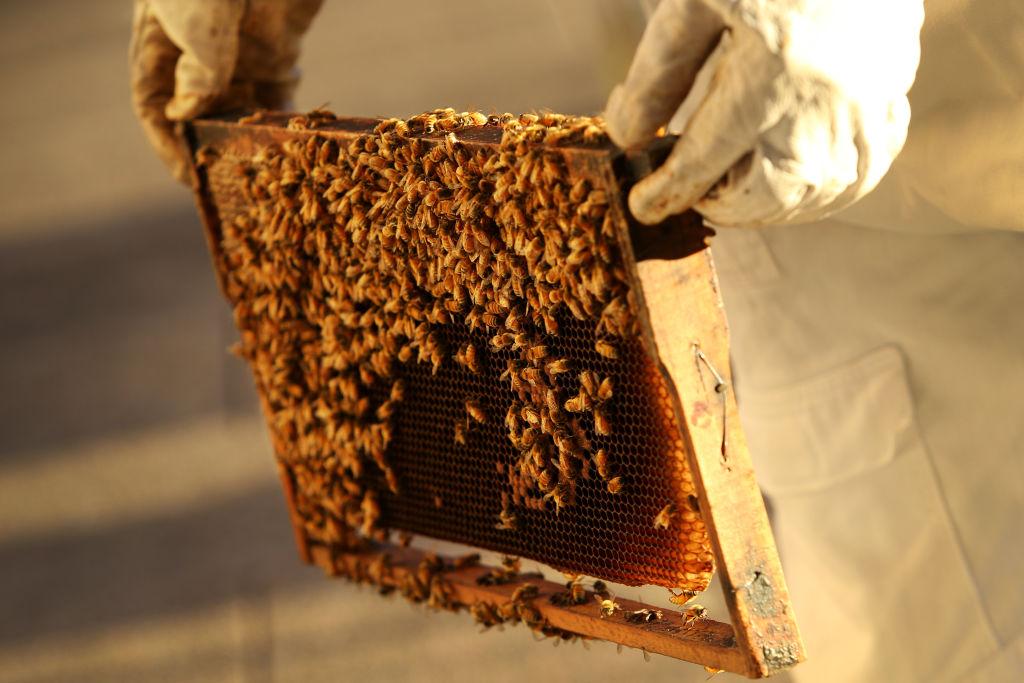Forestry workers in the state of New South Wales (NSW) have experienced interruptions to their operations and families as tensions between the industry and protestors continue.
Tensions continue to arise due to environmental and financial concerns, the fallout from the Victorian native logging ban and a promised “great koala national park.”





